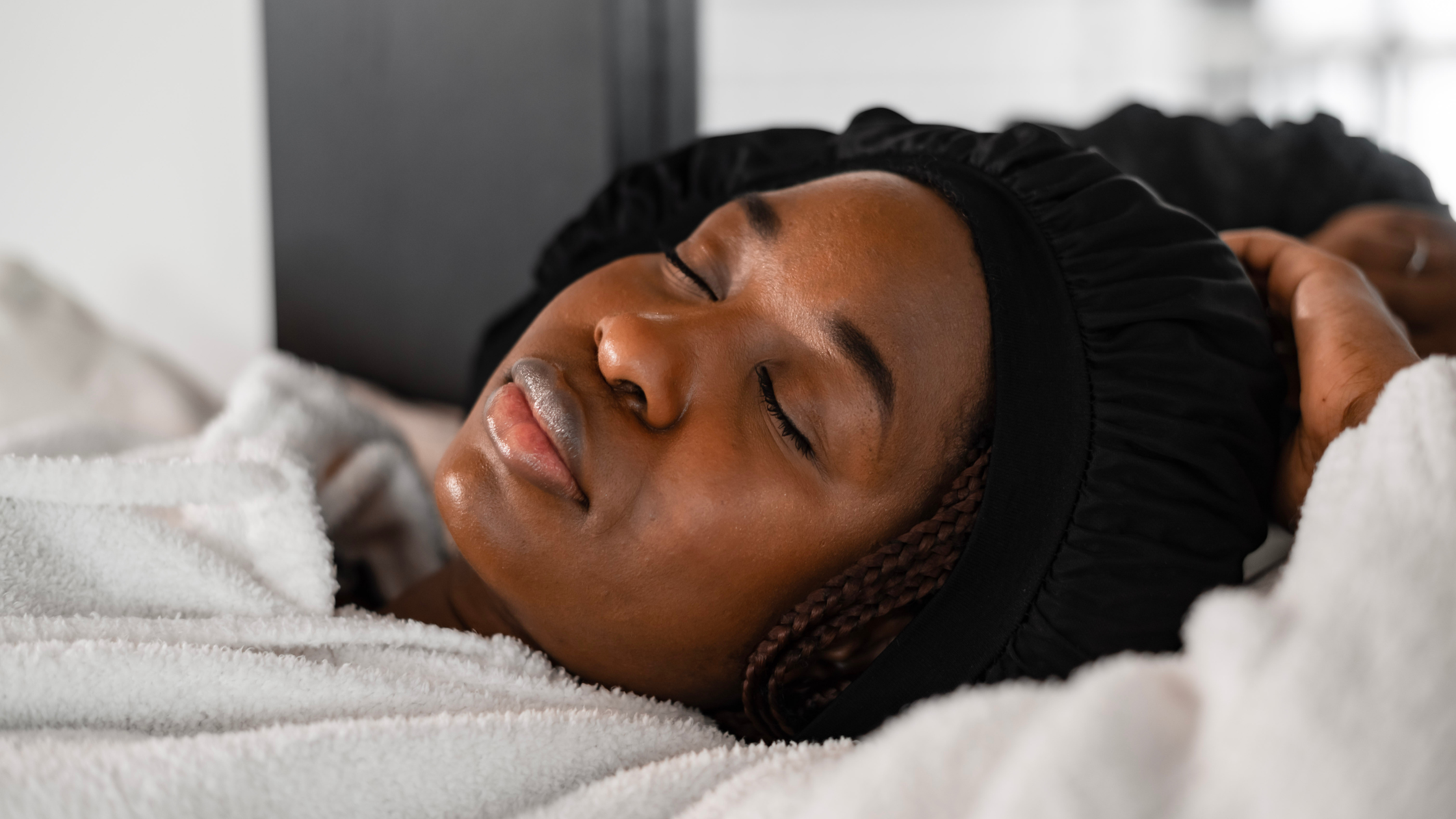
Postmenopausal women go through significant life changes. Their hormones are unregulated, they may be retiring from work, experiencing body changes that are harder to manage, and the emotional toll of going through menopause can be extreme.
However, for women who are postmenopausal, a new study has found that disrupted sleep is related poor mood, or depressive moods, in postmenopausal women. Postmenopausal women are more likely to have interrupted sleep due to life changes, hormone imbalances, and just age-related sleep changes.
Continue reading to learn more about sleep in postmenopausal women, and ways for them to improve their sleep for improved mood and mental health.
The Study
Postmenopausal women who are morning birds, go to sleep early and wake up early, or night owls, go to bed late and wake up late, are 70% more likely to experience significant depressive symptoms, even with the recommended number of hours of sleep. The study was unable to determine if poor sleep led to poor mental health, or the other way around. Those with irregular sleep patterns could just be more prone to depressive symptoms. Or, depressive symptoms could just change their natural sleep patterns. More research is needed to determine which comes first.
They looked at almost 1200 postmenopausal women who had an average of of 65. Women with a sleep midpoint that fell outside of the hours of 2-4 A.M. were 72% more likely to report significant depressive symptoms. Morning larks had a midpoint that was closer to 3:30 A.M. or earlier, and night owls had a midpoint that was closer to 5:30 A.M.
Each hour that women experienced sleep irregularity increased their chances of experiencing significant depressive symptoms by 68% and anxiety symptoms by 62%. Sleep irregularities were more common in Black women than any other race.
Getting proper sleep is essential for physical and mental health. Continue reading for tips on improving sleep as a postmenopausal woman.
Having a set sleep and wake time
When you go into retirement, your days can look a lot more flexible. This can severely throw off your sleep schedule as you don't have any incentive to go to sleep at a certain time or wake up at a certain time.
However, not doing this can throw off your circadian rhythm, and your body doesn't know when to start secreting sleep and wake hormones. Having an irregular sleep schedule can also mess with your health, increasing your risk for diseases like diabetes, heart disease, and high cholesterol.
Therefore, you should find a set bedtime, and continue to set your alarm everyday of the week, even if you don't have anywhere to be. Get out of the bed, and try to signal to your brain that that's when it's time to wake up. This can help normalize your sleep pattern and reduce disruptions.
Unwind before bed
Our bodies need a "buffer time" before the chaos of the day and bedtime. It's difficult to go from running around all day, straight into the bed. Give yourself an hour or so to wind down from the bed. This could be the beginning of your bedtime routine, that includes relaxing activities like a bath/shower, reading, spending time with friends and family, stretching/yoga, and drinking a relaxing tea.
Try doing the same activities in the same order every night so your brain and body get used to it. When you begin engaging in these activities, your brain will take it as a signal to begin releasing melatonin, and preparing for sleep.
Eat earlier than 3 hours before bed
When you go to sleep, everything in your body needs to be rested and ready for sleep. This includes your digestive system. Your food could take 2 hours to be digested, at least. It's very uncomfortable to sleep while foo dis moving through your digestive system. So, it's better to eat earlier, around 3 hours before bed, so your body has enough time to move the food through your system without interrupting your sleep.
If you are hungry at night, then try a small, high-protein snack. It's important to avoid any foods that could bother you, or upset your stomach. These include dairy, high-carb foods, foods high in saturated fat, etc.
Expose yourself to bright light
Early in the morning, it's important to expose yourself to bright light. Your circadian rhythm is largely controlled by your eyes' exposure to bright light. Early in the morning, light stimulates the release of cortisol, the stress hormone, that gets all the other metabolic processes going.
When you wake up, try to get outside for a walk, open up all the blinds, do whatever you can to expose yourself to bright light. The sun should directly hit your eyes, so this means no hats or sunglasses. Of course, always make sure to protect yourself from the strong UV rays of the sun. But turn on lights and create a bright environment in the morning.
Reduce stress
Stress can be a number one cause of interrupted sleep. It causes rumination, which makes falling asleep much harder to do. It's important to not bring stress with you into the bed if you can help it. Find ways to relax before bed, including breathing exercises. Whatever helps you feel at ease, incorporate it into your bedtime routine.
If you are struggling to find a solution to your sleep issues that works in the long term, then please click the orange button below to take aa free online sleep test and talk with one of our sleep health professionals.
https://www.usnews.com/news/health-news/articles/2023-01-09/sleep-key-to-good-mental-health-for-older-women

